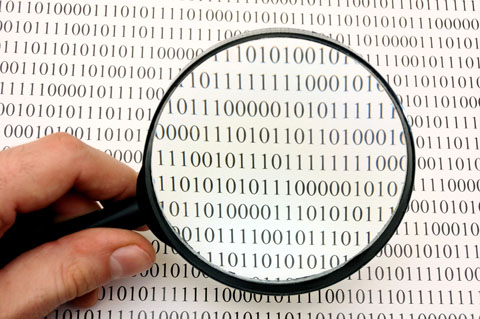Data treated as singular, plural, or as a mass noun) is any sequence of symbols given meaning by specific acts of interpretation. Digital data is the quantities, characters, or symbols on which operations are performed by a computer, stored and recorded on magnetic, optical, or mechanical recording media, and transmitted in the form of electrical signals.
A program is a set of data that consists of a series of coded software instructions to control the operation of a computer or other machine. Physical computer memory elements consist of an address and a byte/word of data storage. Digital data are often stored in relational databases, like tables or SQL databases, and can generally be represented as abstract key/value pairs.
Data can be organized in many different types of data structures, including arrays, graphs, and objects. Data structures can store data of many different types, including numbers, strings and even other data structures. Data pass in and out of computers via peripheral devices.
In an alternate usage, binary files (which are not human-readable) are sometimes called "data" as distinguished from human-readable "text". The total amount of digital data in 2007 was estimated to be 281 billion gigabytes (= 281 exabytes).

